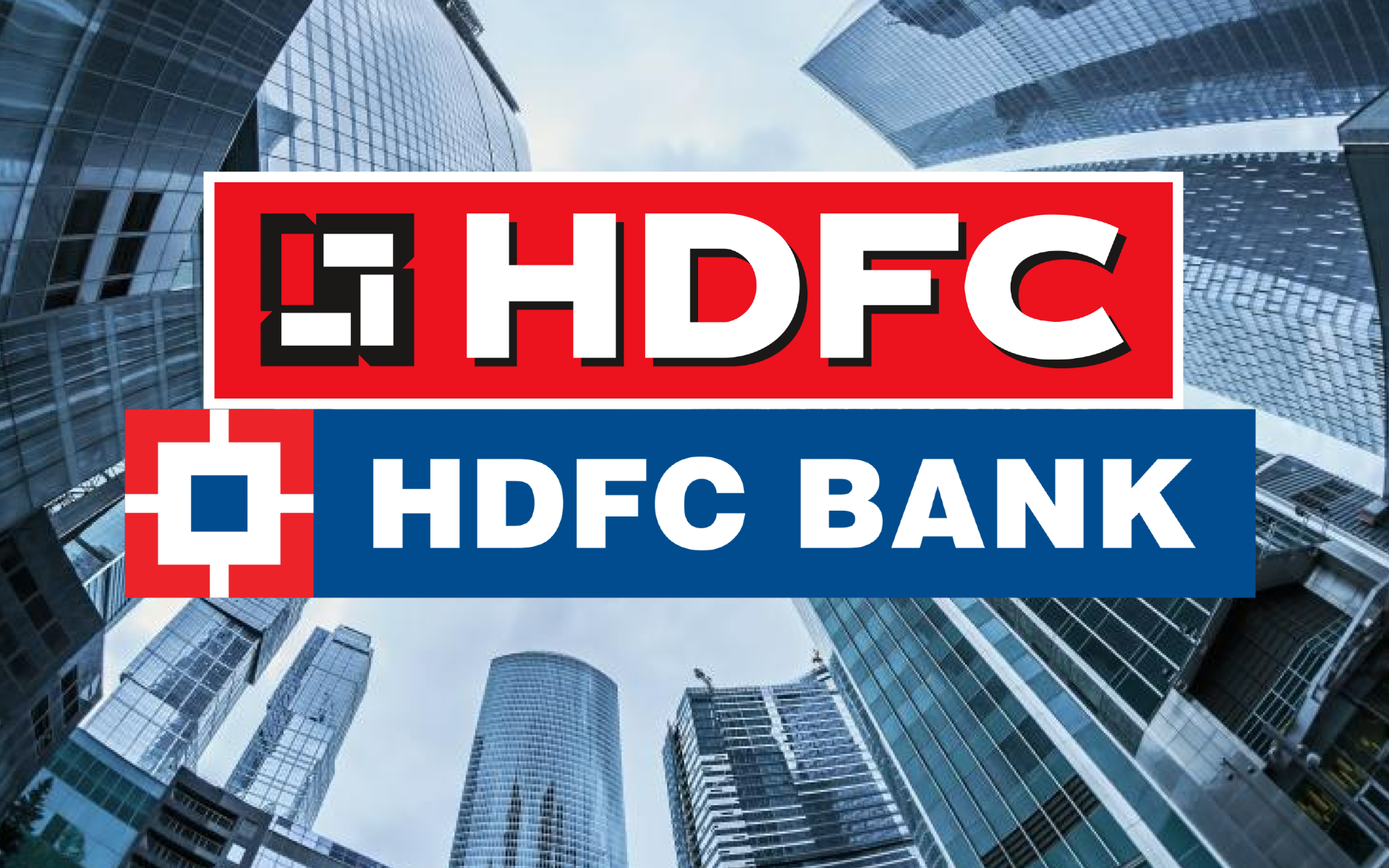What You Should Know: HDFC-HDFC Bank Merger Edition

Mortgage lender HDFC will merge with HDFC Bank to create India’s third biggest financial entity in terms of market capitalization. The proposed merger will enable HDFC Bank to build its housing loan portfolio and enhance its existing customer base.
Post the merger, HDFC Bank will be wholly owned by public shareholders, while existing shareholders of HDFC will own 41 percent of HDFC Bank. As is the case when mergers take place, HDFC's shareholders will be given a specific number of shares in the merged entity. HDFC has announced that its shareholders will receive 42 shares of HDFC Bank for every 25 shares of HDFC that they currently hold.
What will HDFC gain?
The biggest gain for HDFC will be access to well-diversified, low-cost funding and HDFC Bank’s huge customer base.
What will HDFC Bank gain?
The proposed merger will allow HDFC Bank to build on its housing loan portfolio. This is a big deal, because housing loans are a steady and secure asset class with very attractive risk-adjusted returns. This will increase the size of the merged entity’s balance sheet, enabling it to underwrite large ticket size loans.
How will mutual funds be affected by the HDFC-HDFC Bank merger?
With the merger of the HDFC Twins, the portfolios of some of your mutual fund schemes holding these stocks may see a bit of reshuffling.
Per the norms on diversification that equity funds must follow, mutual fund schemes cannot hold more than 10% of their portfolios in an individual stock. As a result, funds having a combined exposure of more than 10% of HDFC twins must pare this exposure down to hold only 10% of the amalgamated entity, once the merger takes effect.
This may also result in many large cap funds offloading their holdings in the twins, so as to maintain the 10% cap that the norms outline. In fact, this may be one of the most pivotal reasons why the stocks have fallen by over 15% in the last 5 trading sessions.
The flip-side
Though most research analysts claim that the merger is made in heaven, we’re not so sure. Here are some reasons why we’re skeptical:
- The Reserve Bank of India, which acts as the regulator for the financial industry, wants banks to limit ownership stakes in insurance companies.
- As we’ve mentioned before, several mutual funds are offloading their stakes to maintain the maximum limit of their holding if the merger goes through. This may be one of the key drivers of the recent fall in the HDFC Twins’ stock prices, and this, in turn, could trap many retail investors.
- HDFC Ltd’s employees are largely used to selling home loans; when they come into the banking fold they will have to get used to an entirely different set of products and processes. Quite the significant change for them- and with changes come challenges!
- A vast array of verticals are being merged- insurance, asset management, and banking, to name just a few- meaning that getting regulators to sign off on all this will be one of the most challenging aspects of this deal.
Our final word
The merger between HDFC and HDFC Bank is certainly built on solid monetary benefits for both the twins, and it’s easy to see why investors think it’s a positive development for the brand.
However, in our opinion, the slide in the two stocks’ prices over the last 5 trading sessions is indicative of a larger set of challenges that they are going to have to weather after they merge. Overall, the bottom line is this: chances are, this will not be the kind of perfect union that several analysts seem to believe it will be. We’ll be sure to stay tuned, with you, to find out how things turn out over at HDFC!

